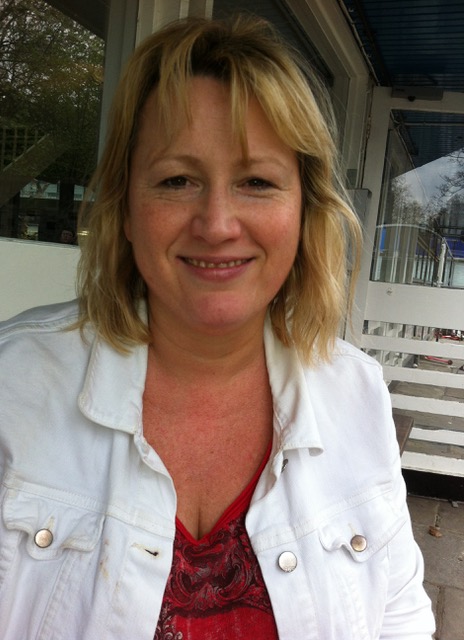“You’ve gained weight,no?”
A cousin of my husband’s stated this gleefully, looking at me for agreement. She wanted me to say yes and look ashamed, as I had done many times before in the years gone by.
You see, I have had a peculiar relationship with my body. I have gained and lost weight multiple times in the course of my forty odd years on this planet. Each time I’ve lost weight, I’ve felt wonderful, as though I’ve conquered Mount Everest. Each time I’ve gained weight, I’ve beaten myself up internally, seeing it as a failure at the most basic level – my inability to overcome my appetite, my greed, my love of food. So, it is no wonder that people looking for my Achilles heel have zeroed in on this and hoped that a snide comment or a ‘concerned’ suggestion might trigger the reaction they are looking for.
My relationship with food and my body go back a long, long way to my childhood. My mother was, for a period of time, severely obese, triggering that corrosive disease, diabetes, in her. Consequently, she drummed it into my head that being overweight was a state to be avoided at all cost, if I wanted to stay healthy and disease free. Her suffering became my cautionary tale.
My entry into aviation was another reason to stay trim. After all, in the glamorous world of flying, who wanted to see a fat flight attendant? Vanity and a fear of ill health have, more or less, kept me within my ideal weight range. But it hasn’t been without its share of pitfalls and heartburn.
I am not naturally a slim person. My Malayali genes along with my Punjabi appetite is a lethal combination when it comes to maintaining my figure. I wax and I wane, pretty much like the moon of my name (Poornima means a ‘full moon night’).
Lately, I have been waxing more. Whether that is because I am heading towards peri-menopause, or whether that’s because I honestly can’t be bothered to put in the effort into dieting and exercise, I don’t know. What I DO know is that it’s nobody’s business what size I am.
I said as much to this ‘well-meaning’ sister-in-law. As you can imagine, that went down like a lead balloon. Instead of being fat shamed, I had responded by saying that people’s opinions on my body bothered me not a jot! Even as she stuttered and stammered, I felt liberated.
At long last I was in a place where even if I wasn’t the slimmest person in the room, I was happy and comfortable in my skin.
My body, this wonderful body, that has taken me through life, given me two babies and stayed healthy despite the deprivation and abuse I’ve subjected it to, isn’t my foe. It needs love and nurturing, and regardless of what anyone else might think of it, I will give it just that.


